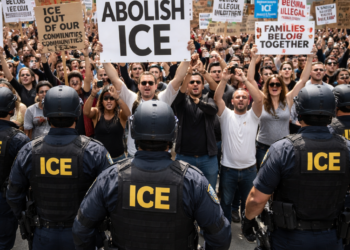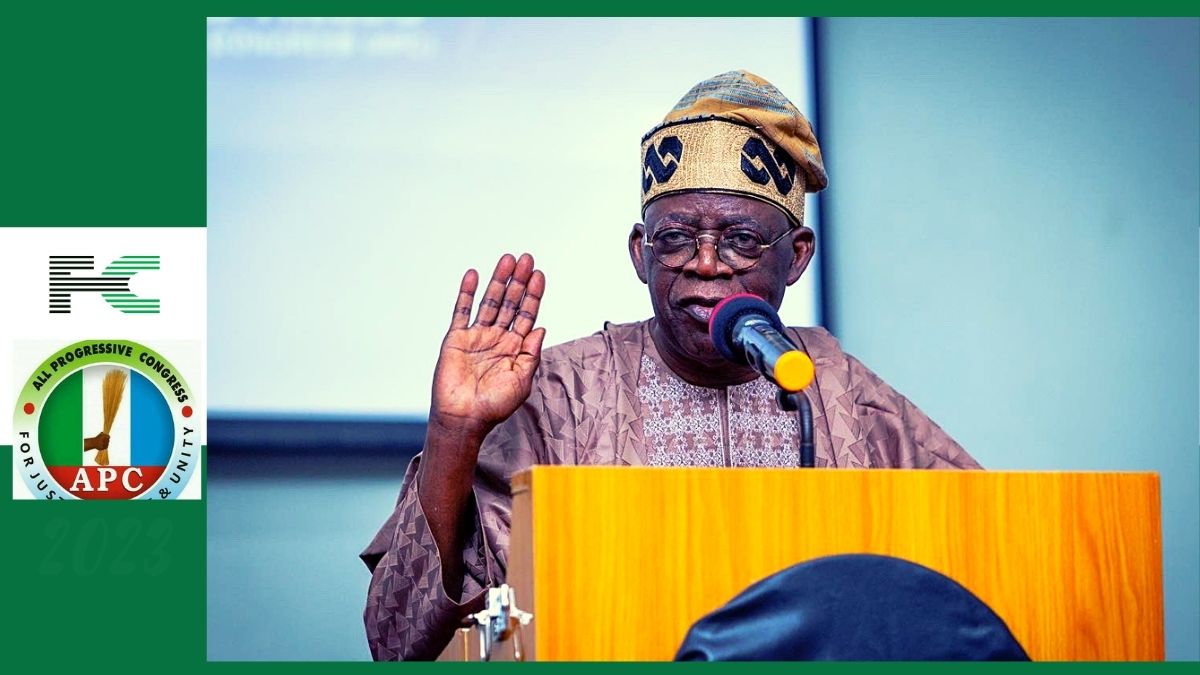The latest mass transfer by President Daniel Ortega’s increasingly authoritarian government was marked by the announcement made by the United States on Thursday that it had succeeded in securing the release of 135 political prisoners from Nicaragua.
According to the White House, Ortega and his associates considered students, members of religious organisations, and other individuals as a threat to their authoritarian rule.
” The ex-offenders have been transferred to Guatemala, a neighbour, where President Bernardo Arevalo, a reformist, has collaborated closely with Washington on important immigration-related matters.
As per the White House, they will be able to pursue relocation to the United States.
“No one should be imprisoned for peacefully exercising their fundamental rights to free expression, association, and religious practice,” National Security Advisor Jake Sullivan said in a statement.
“The United States again calls on the government of Nicaragua to immediately cease the arbitrary arrest and detention of its citizens for merely exercising their fundamental freedoms,” according to him.

This latest measure comes after more than 200 prisoners were released in February 2023 and flown to the United States.
Although some human rights organisations see Ortega’s moves with scepticism, reading them as attempts to remove perceived opponents while seeking to earn favour with Washington, the former detainees have mostly welcomed their freedom.
Thirteen members of the Texas-based evangelical Christian group Mountain Gateway are included in the most recent publication.
Members of the organisation, which organises large-scale gospel tours and humanitarian projects, were charged with money laundering and organised crime earlier this year by Nicaraguan police.
Mountain Gateway vehemently refuted the accusations, claiming that its budgeting was subject to scrutiny by Nicaraguan authorities.
Ortega, a 78-year-old former Marxist guerrilla who fought US-backed troops in the 1980s, regained power in 2007 and was first perceived as more moderate.
However, he has now removed presidential term limits, seized control of all institutions of government, and launched a broad crackdown on groups considered as challenges to his reign, including the Catholic Church and non-governmental organisations (NGOs).
In Essence
While the release of these prisoners is undoubtedly a positive development, allowing individuals to escape unjust detention, the context in which it happens is troubling.
Ortega’s government has consistently suppressed dissent, labeling students, religious figures, and activists as threats to his rule, which has become increasingly authoritarian over time.
This is indicative of a larger pattern where opposition voices are silenced, and government institutions are manipulated to maintain power.
While the U.S. involvement in securing these prisoners’ release is commendable, it also raises questions about the broader strategy behind Ortega’s actions.
The release may be viewed as an attempt by Ortega to alleviate international pressure while still maintaining control at home.

















